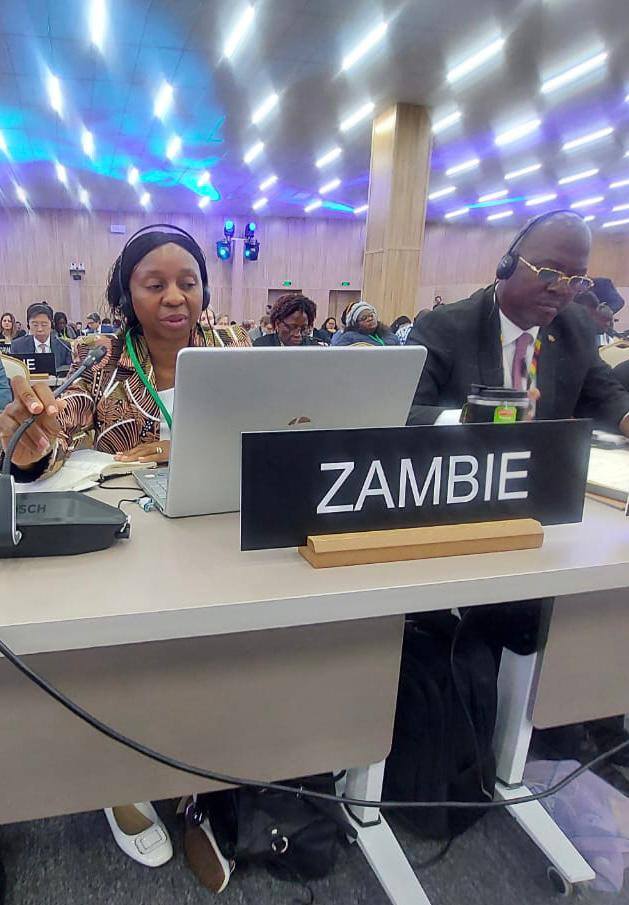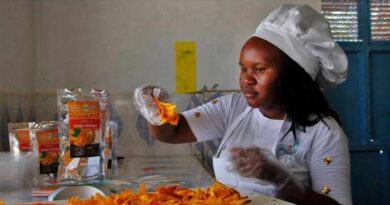Zambia Champions Culture as a Pillar of Sustainable Development
Zambia has welcomed a key recommendation positioning Cultural Heritage, Intergenerational and Intercultural Dialogue as central to sustainable development outcomes. The resolution emerged from the Youth Forum on Culture, held in Samarkand, Uzbekistan, alongside the 43rd UNESCO General Conference, which runs from 30 October to 13 November 2025.
Representing the Ministry of Tourism, the Director of Culture and Traditional Affairs, Ms Bessie Chelemu, is participating in cultural sessions under the global theme “Culture for Sustainable Development.”
In her statement, Ms Chelemu reaffirmed Zambia’s commitment to the outcomes of the Forum and the regional proposals captured in Annex I of document 43 C/INF.13. She stressed that genuine youth participation in global policy-making must be rooted in strong cultural identity, indigenous knowledge systems, and community traditions.
“This grounding empowers young people to contribute innovative ideas and fresh perspectives to global challenges, including climate change,” she said.
Ms Chelemu commended the UNESCO Secretariat for prioritising youth-led cultural action through its Culture Conventions and expressed appreciation to the German National Commission for UNESCO for supporting youth programmes in Zambia’s Kafue Flats Biosphere Reserve. She confirmed that Zambia will soon begin implementing the Communication Youth Toolkit initiative.
The programme will amplify youth-led storytelling, digital heritage documentation, artistic expression and intergenerational knowledge-sharing. It is expected to also support ecological education and sustainable land management practices at community level.
Highlighting Zambia’s cultural and ecological significance, Ms Chelemu noted that the Kafue Flats—home to two Ramsar sites and the endemic Kafue Lechwe—are also inhabited by the Batwa, an indigenous group facing the risk of cultural extinction.
She revealed that the Zambia National Commission for UNESCO has commenced work with traditional leaders to document and safeguard the remaining elements of the Batwa’s Intangible Cultural Heritage.
Concluding her remarks, Ms Chelemu urged Member States and partners to support Zambia’s efforts to protect and transmit the living heritage of the Batwa community.
“The preservation of cultural diversity and indigenous knowledge is not merely a national duty, but a global responsibility—one that ensures the wisdom of the past continues to guide the world toward a more sustainable and inclusive future,” she affirmed.



